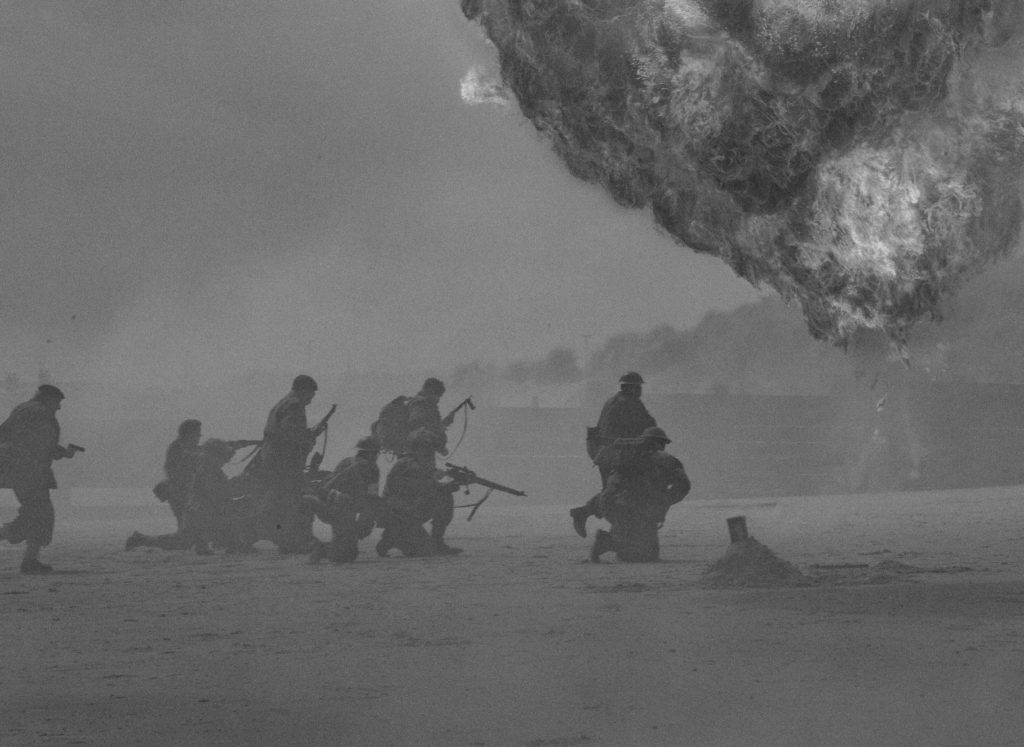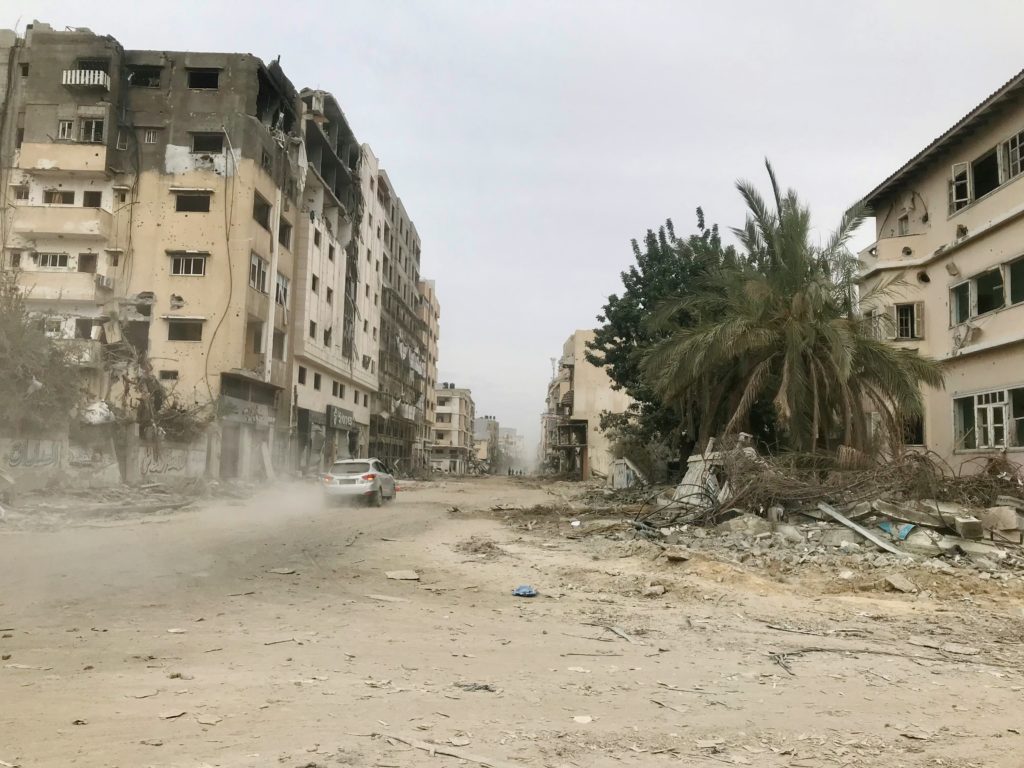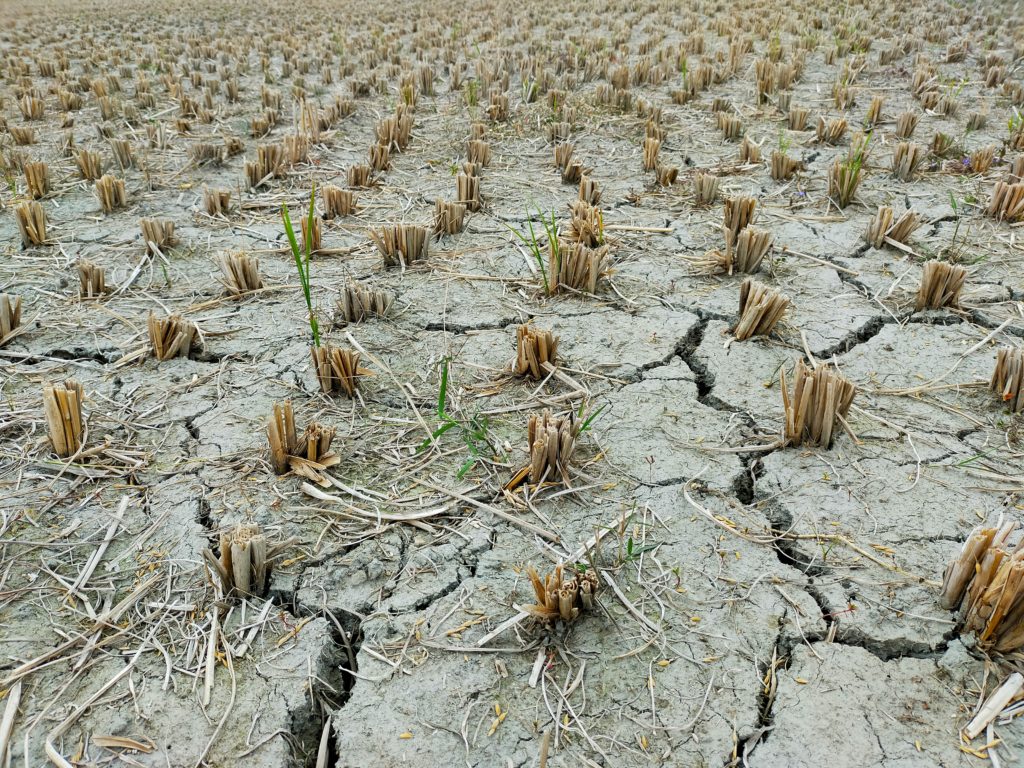
War has been with us for a very long time. There is a debate among anthropologists as to whether making war is an innate human characteristic. This article suggests that it is not, but “it is a social and cultural development that emerged at different times around the globe”.
Whatever the truth is, as our climate rapidly changes and warms, the effects of the many wars around the planet are contributing to that change.
The Carbon Literacy Project says, “The ravages of war leave behind them a trail of horrifying destruction, with far and long-reaching consequences, one of which is climate change.”
There have been so many wars over the last 100 years or so, it is hard to keep track of them.
The Effect of War on the Climate
Obviously wars have many horrendous effects on humanity. In addition their effects on the climate are both direct and indirect, and also significant. The use of fossil-fuel driven tanks, army vehicles, and planes contributes directly to Greenhouse Gases in the atmosphere. Likewise deforestation caused by conflict causes the release of considerable pollution. The necessary reconstruction required when wars are over plays a part in Global Warming through the emissions of carbon dioxide from the production of concrete.
According to the Carbon Literacy Project 25,000 tons of munitions were dropped on Gaza in the first few weeks. The effect on the people, of course, is unspeakable.
The effect on the climate is also horrendous. Similarly with the Russo-Ukraine war which according to scientists produces carbon at a level equivalent to a highly industrialised country like Belgium. Thus increasing Global Warming and contributing to the floods, droughts, forest fires and unpredictable weather we are all suffering from.
A recent article in the Guardian newspaper shows that about 5% of global carbon emissions are linked to conflict. That is a lot when each small part of a degree C of global heating makes our weather problems more ferocious.
Early Days in the War on Gaza

A Gain from War?
It is hard to imagine there being gains from any war. However in Europe and in particular Germany before the Russian invasion of Ukraine the situation was that they were dependent on Russia for much of their oil and gas supplies. Apparently nearly 80% of Russian gas supplies to Europe were cut in the early months of the war. This caused short-term concerns over energy independence. But in the longer-term countries had to diversify away from fossil fuels and find alternative renewable energy supplies. Europe had achieved this by late 2023. Obviously, as far as the climate is concerned this is a benefit.
I believe that not only is it a benefit as regards carbon emissions, but it is also a step forward for Europe in their belief that we can transition successfully to the use of renewable energy. It may also have been a step forward in that many Europeans were willing to be cold over a long winter in order for there to be enough energy available for all. Perhaps that is a step closer to living and caring in community?
A Changing Climate Can Lead to Violence
Conversely, the changing of the climate and its effect on food production, availability of water and on local economics may provoke violence. A recent paper on Climate Change and violent conflict in the Middle East and North Africa states that “Climate Change can escalate the risks of violent conflict through various pathways”.
The likelihood of violence seems to depend on each society’s ability to cope with the conditions. Good or bad governance, previous land policies and politics all have a role to play here.
A report for UNFCCC (UN Framework Convention on Climate Change) says that “We are seeing … increased food insecurity, urbanization (as small farm holdings no-longer remain viable following a sequence of droughts or disasters) and competition over resources – particularly water. When combined with other planetary crises such as land degradation and over-exploitation of the environment, climate change can make an already fraught situation untenable.”
Countries with poor governance are often those most affected by Climate Change and least prepared to deal with the consequences. This results in considerable displacement of people either internally or as external refugees. In 2019 UNHCR reported 80 million people had been displaced and will probably never be able to return to their homes. The UNFCCC report referred to above shows that the countries affected have the least ability to adapt to Climate Change. Unless we invest more in supporting those communities with weak governments to adapt and prepare better, then there is likely to be an increase in the conditions for conflict and violence to take place.
The Result of Severe Drought

UNFCCC believes that there is much that could be done given the political will. However “we are not working fast enough”. There are 3.3 – 3.6 billion people living in hotspots of high vulnerability to Climate Change – mainly in Africa, South Asia, South/Central America, and the Small Island Developing States. There are increasing gaps between the adaptation action being taken and what’s needed. The largest gaps are among lower income populations. Without urgent responses that reduce vulnerability in communities and countries facing the worst impacts, we will see more conflict, more displacement, and more suffering.
We Need Peace
It is clear that humanity needs peace. War is contributing, not just horror to the lives of individuals and families, but significantly to Global Warming and the destruction of the environment. Plainly the unpredictability of the climate itself is also a contributing factor to violence in vulnerable countries.
What can we do?
As an individual it is hard to know what one can do about war or how one can make a difference.
One can see on the Internet that there are a number of organisations that talk about ending war, for example Peace Direct.
These organisations seem to have a number of different functions such as protest against particular wars, supporting victims of war, fundraising and so on. Becoming a part of their community could make a difference.
Our vote, is, of course important, and ensuring we know what our potential representative believes is useful, but even more useful is understanding what each party stands for and ensuring we vote for those we believe could make a difference.
We can fight against the sale of arms, or for a ceasefire in Gaza or against the ridiculous idea of bombing Iraq, but it will take many more of us before we can persuade our politicians to change. It is vital that we take action and demonstrate when we can.
We can stand up and fight the sales of weapons.
In the longer run we can educate our children to understand that violence is not the only way.
We can work towards a society that wants equality and to live in peace.
I believe there is more we can do about the possibility of violent conflict that is being co-created by Climate Change. Obviously we can do our bit to reduce that change. Also we can ensure that our politicians know that funding adaption for poorer countries is vital and that is what we want. As ever, being active – especially in our communities – will be an important way forward.
Please subscribe to my blog, using the form on the Home page.
Photos courtesy of Duncan Kidd, Emad El Byed and Md. Hasanuzzaman Himel on Unsplash

Hi Doreen,
Thank you for your activism
In solidarity,
Olo
Thank you Olo for your support as always.
Thank you Doreen , very appropriate for today’s crazy world. You might like to follow Scientists for Global responsibility https://www.sgr.org.uk/
and you might also think of joining Stop Fuelling War, Cessez D’alimenter la Guerre in France. https://stopfuellingwar.org/en/. All the best Karina
Thank you Karina, that is helpful. I didn’t know about scientists for global reponsibility.
That may well be useful.